
While we are often among the first to chuckle at a good sting of a predatory publisher, there have probably been enough of them by now to have made the point.
And even Ottawa Citizen reporter Tom Spears — whose stings have been among the most hilarious — seems to agree. He didn’t want to spoof another predatory journal by submitting a fake article (his last one was retracted in 2016 after he told the publisher it was a “pile of dung”). But when an invitation came towards the end of November, he just couldn’t help himself.
The invitation was from Intellectual Consortium of Drug Discovery and Technology Development, Inc. — often just called “Consortium” — to be on its editorial board. Too curious to resist, Spears accepted. Then, he was told, he had to write an editorial.
So one night in December, he sat down and wrote something connecting predatory-prey relationships in nature to predatory publishing — calling out the publisher along the way. Spears told us:
Continue reading For this fake editorial, “merit of artistic writing” was enough for publication
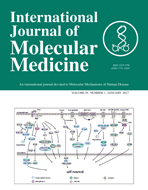
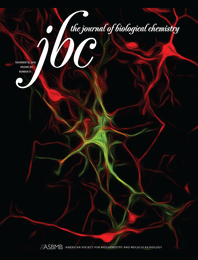 In November, a vice president at an institution in Taiwan
In November, a vice president at an institution in Taiwan 
 Following a journal probe and questions on PubPeer about their work, authors in Spain have issued four corrections, citing missing raw data for experiments conducted more than 10 years ago.
Following a journal probe and questions on PubPeer about their work, authors in Spain have issued four corrections, citing missing raw data for experiments conducted more than 10 years ago.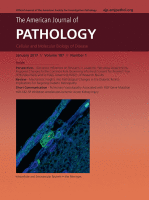 A pathology journal is retracting two papers after an investigation at the last author’s institution in Germany found evidence of scientific misconduct.
A pathology journal is retracting two papers after an investigation at the last author’s institution in Germany found evidence of scientific misconduct.

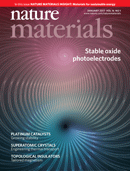
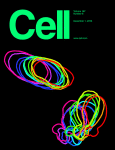 2013 probably felt like it was going to be a great year for stem cell biologist
2013 probably felt like it was going to be a great year for stem cell biologist